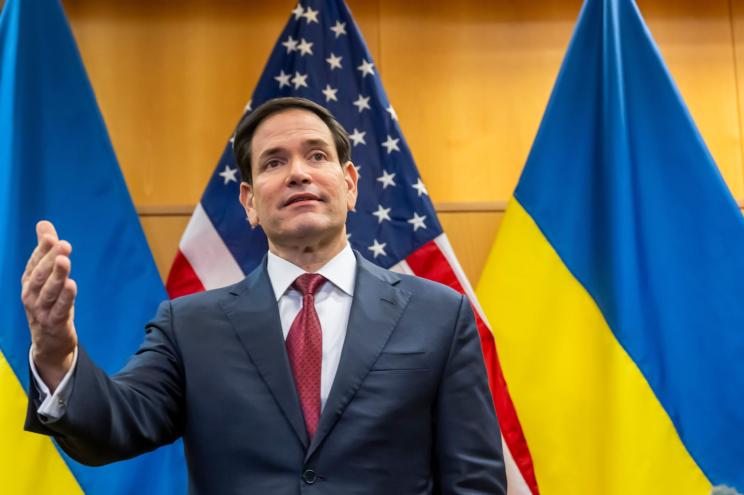NEWS
Public Voices on the Ukraine Peace Deal: Letters to the Editor — Nov. 27, 2025

A recent compilation of letters published by major outlets — under the heading “The Russia-Ukraine peace deal: Letters to the Editor” — paints a deeply divided picture of opinion across the West.
Some writers don’t mince words. One letter condemns the plan as a “surrender” disguised as peace, warning that it would amount to appeasing aggression and rewarding brutal conquest. The author invokes historic parallels, suggesting that granting territorial concessions to an aggressor only emboldens further injustice.
Others — though less vocal — argue for a more pragmatic approach. They contend that while the deal isn’t perfect, prolonged war risks endless suffering, economic ruin, and geopolitical instability. For them, an imperfect truce might offer the only feasible path to saving lives.
Some letters call out the shifting posture of long-time Western allies; lamenting what they see as a drift away from defending democratic freedoms and toward accepting realpolitik — even when it costs deeply held principles.
Others remind readers that for Ukrainians on the ground, “peace” isn’t a political abstraction — it’s the difference between life and death, shelter and rubble, hope and despair. They argue the urgency of civilian protection should outweigh territorial idealism.
—
⚠️ What’s at Stake: Democracy, Morality & Geopolitics
The letters collectively underscore why this isn’t just another diplomatic draft — it’s a moral battleground. Supporters of a hard-line stance insist that giving in to territorial demands would not only betray Ukraine’s sovereignty, but also undermine global norms against conquest. Others counter that endless war serves no country, and that some compromise might salvage Ukraine’s future — even if imperfectly.
What emerges is a public reckoning: few believe there’s a “good” deal here. Instead, each possible outcome forces people to weigh painful trade-offs between justice, security, and survival.
—
What to Watch From Here
Will Western governments — especially those in Europe — respond to this public pressure by pushing for a more Ukraine-centric solution? Several letters call out what they see as excessive concessions to Russia.
How will Ukraine’s leadership interpret this division in Western opinion when negotiating? As pressure to hold firm — or as leverage to press for a truce?
Can a durable peace be brokered without compromising core principles like sovereignty and accountability for war crimes? The letters show that many believe such a peace requires justice first — not just a pause in fighting.
